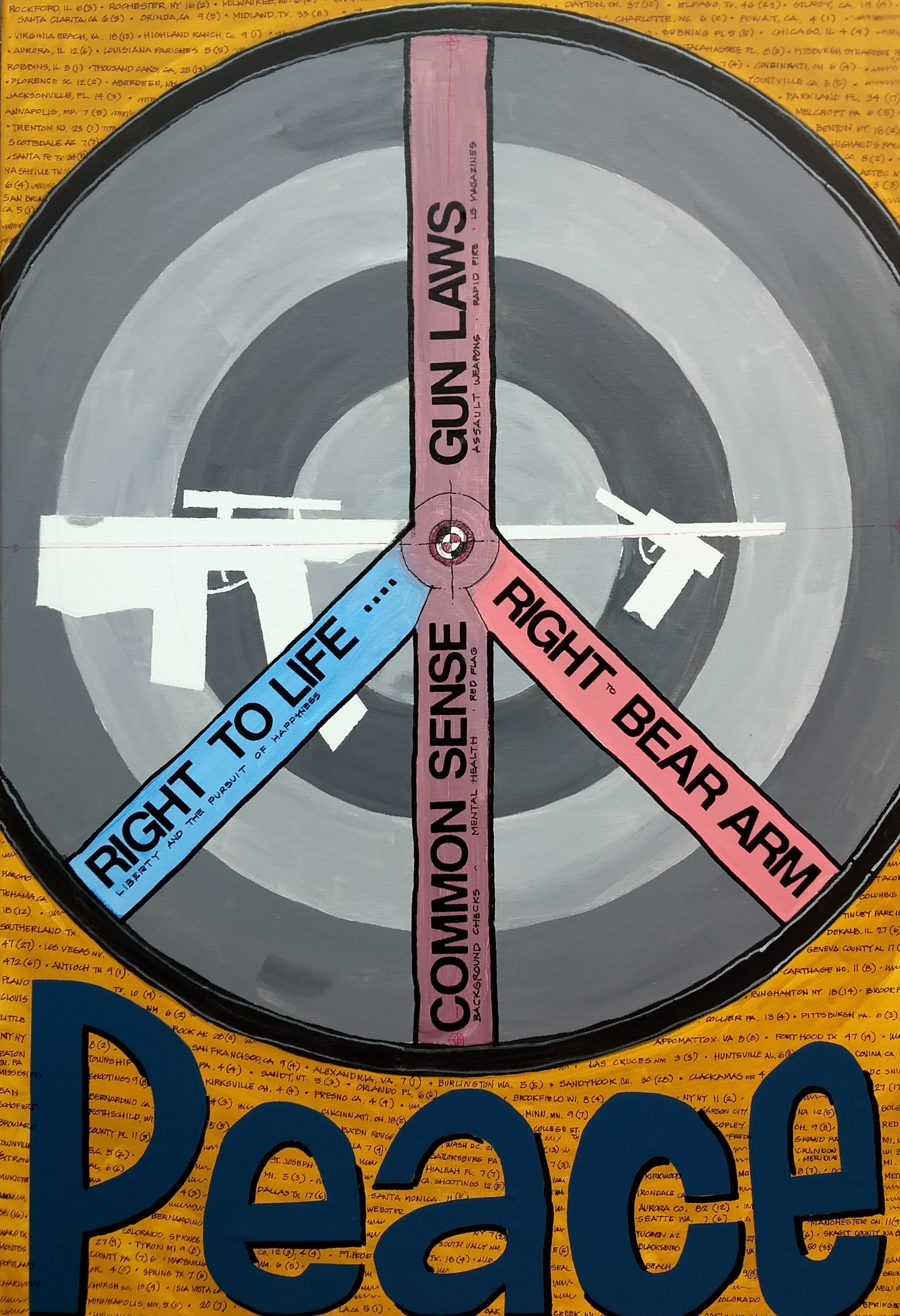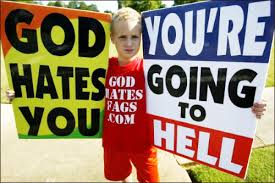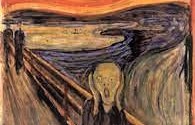The Fifth Sunday of Easter
“I am the vine, you are the branches. Whoever remains in me and I in him will bear much fruit. Jn. 15: 6
“We are at the edge … and the time to take action is now.”
These are the words Pope Francis spoke to a gathering of world leaders in twin Earth Day messages.
The article quoting these words proclaimed that Francis “urged President Joe Biden” and “presidents and prime ministers to act courageously in addressing climate change, and to learn from the coronavirus pandemic the need to create ‘a just, equitable, environmentally safe planet.’”
The Pope further stated: “This is the moment to act …. We must care for nature so that nature may care for us …. This is the challenge. And if we do not emerge better, we will start on a path of self-destruction.”
According to the National Catholic Reporter, “A coalition of five Catholic organizations on April 23 kicked off a 21-day environmental justice challenge to spotlight the connections between racism and environmental issues.”
Furthermore, “an annual Faith Climate Action Week this year focused on the theme of ‘sacred ground’ and the connections between food, faith and climate.”
This is the kind of “fruit” Jesus tells us about in today’s gospel that can come from the “vine” that is Jesus. This is the kind of action we can expect from those who “remain in me and I in him.”
Recently I read about how a group of Christian university students some forty years ago decided to find every verse of Scripture that spoke of the “works” that God called us to and the “fruits” that can be expected to result from them.
It turned out to their great surprise that the verses all related directly to issues of justice: care for the poor, the abandoned, and the neglected. To their further astonishment, they found over more than 2000 verses, which they then cut out of an old Bible. Their discovery was then given a name:
“The Bible full of holes.”
This “holy” Bible is still in existence.
The “fruits” that Jesus speaks of in today’s gospel are the very ones that Jesus himself produced constantly: the healing of sick people, the washing of feet, the feeding of multitudes, the arms of forgiveness thrown around prodigal sons and daughters, the blind being able to see again, the lame able to walk.
Robert F. Kennedy wrote powerfully about the ability to produce this kind of “fruit” that you and I can reap:
“It is from numberless diverse acts of courage and belief that human history is shaped. Each time a person stands up for an ideal, or acts to improve the lot of others, or strikes out against injustice, he/she sends forth a tiny ripple of hope. Crossing each other from a million different centers of energy and daring, those ripples will build a current which can sweep down the mightiest walls of oppression and resistance.”
The truth of the matter, of course, is that by ourselves we are probably not going to heal sick people the same way Jesus did. But we can certainly attend to them.
You and I by ourselves are probably not going to raise anyone from the dead as Jesus did, but we can mourn with those who have lost a loved one.
You and I by ourselves are probably not going to stop the horrific spread of human trafficking that blights humanity; we’re probably not going end the terrible rise in drug addiction, or put an end to the income inequity so many people struggle with, or end the curse of pornography that corrupts so many lives, or end abortion.
On our own we’re unlikely to put an end to the seeming nonchalance about the dangers that await our planet if not attended to universally.
But the “fruits” we can demonstrate are “diverse acts of courage” that will enable us to stand up, to speak out, to demand an accounting.
What we can do is contribute to a “tiny ripple of hope” that, joined with others, can become a “current that can sweep down the mightiest walls of oppression and resistance.”
That’s what Pope Francis is hoping to do when he so courageously speaks out on behalf of the betterment of humankind, such as the climate issue that will become increasingly devastating if not meaningfully addressed globally.
How can we best follow up on what Pope Francis is asking of us?
We can begin by reminding ourselves who we are.
After all, we are not just anybody.
We are, as John reminds us in one of his letters to his followers, “a chosen race, a royal priesthood, a holy nation, a people of his own … who called you out of darkness into his wonderful light.”
“A people of his own” is the way Sacred Scripture describes us.
We’re different from everyone else. We belong to God. We are his presence in the world. We are his face, his voice, his hands, his feet, his heart.
And how will people know this?
By the “fruits” that we bear. By the “works” that we do. By the way in which we mimic the “vine” that is Jesus.
Perhaps if each one of us asked ourselves one question, it would help us know what the “fruits” and the “works” are that we can do:
What in the world today most breaks your heart, most offends your sense of justice, most inspires passion within you?
Do that.
Ted Wolgamot, Psy.D.







